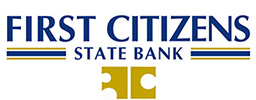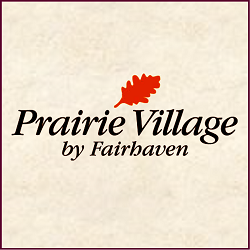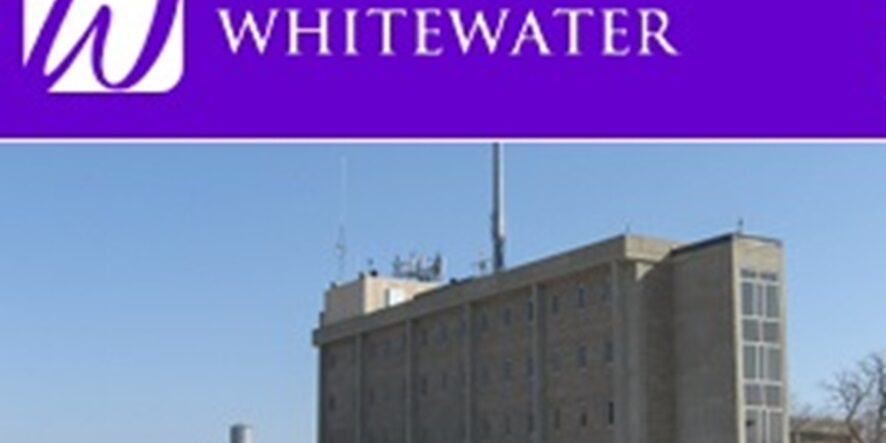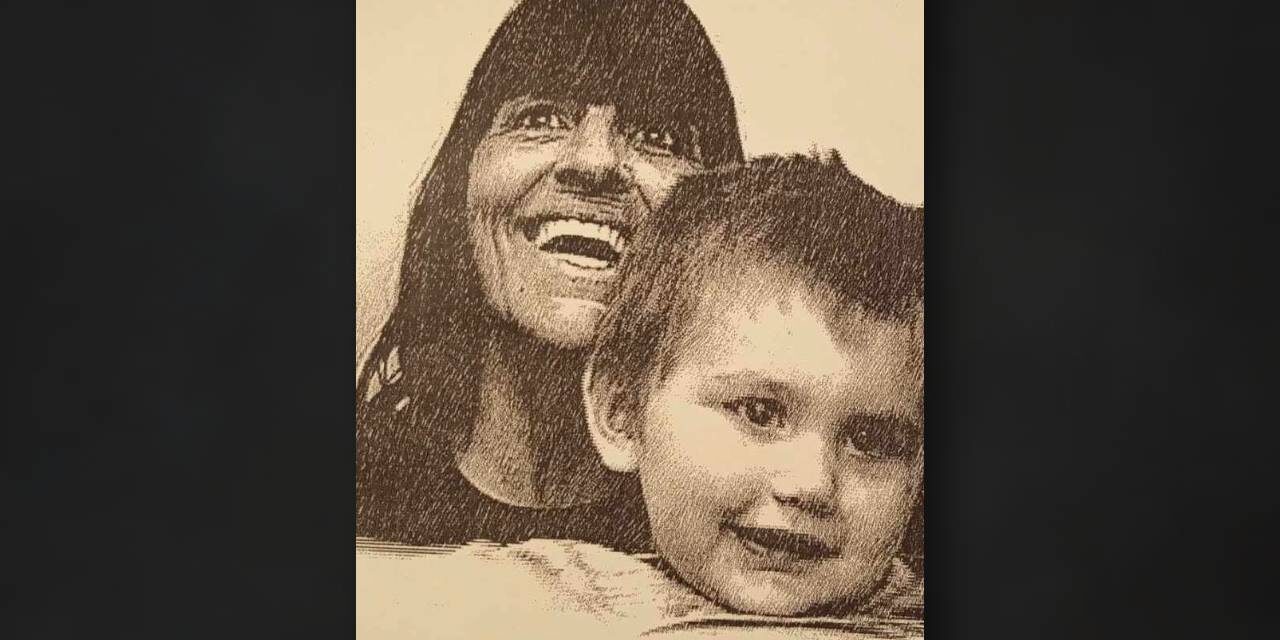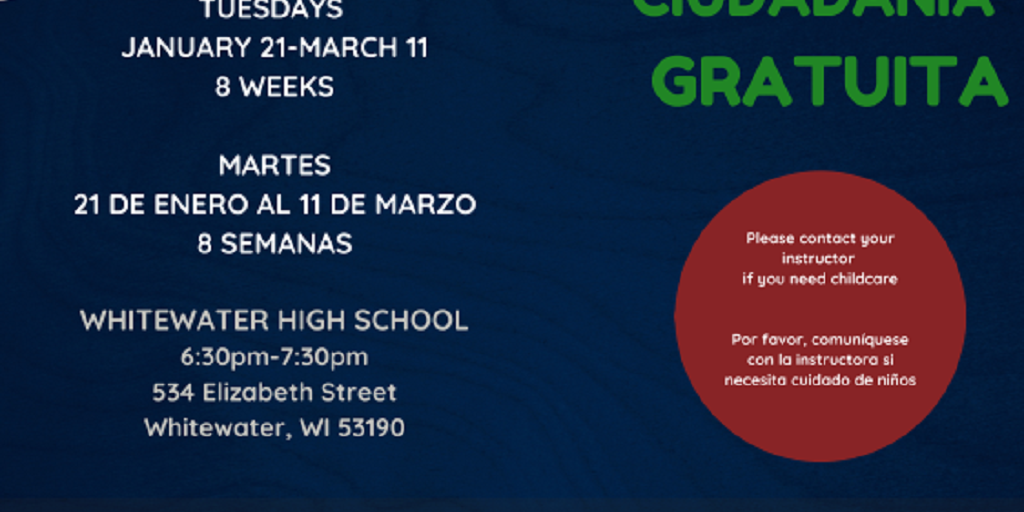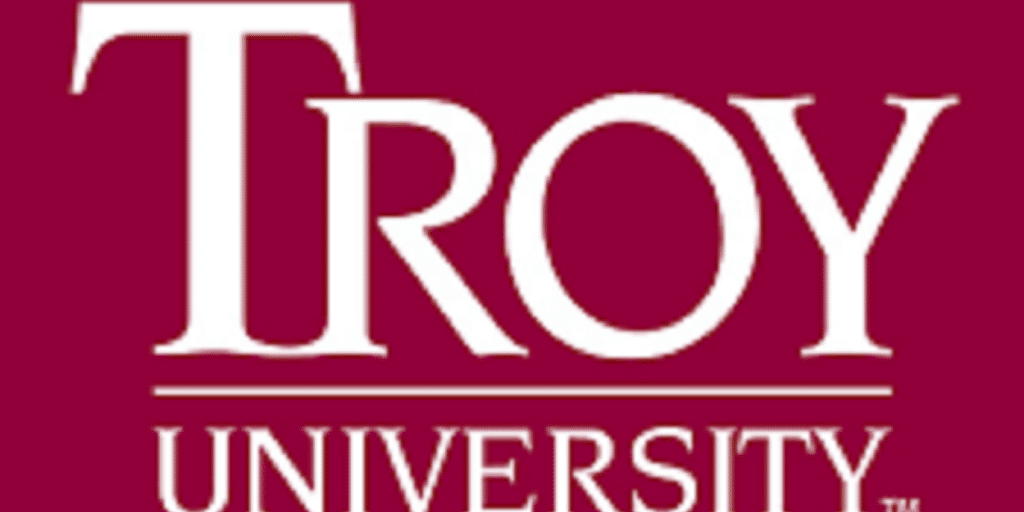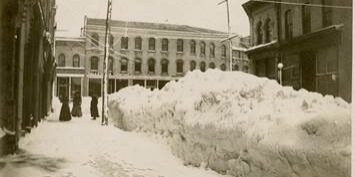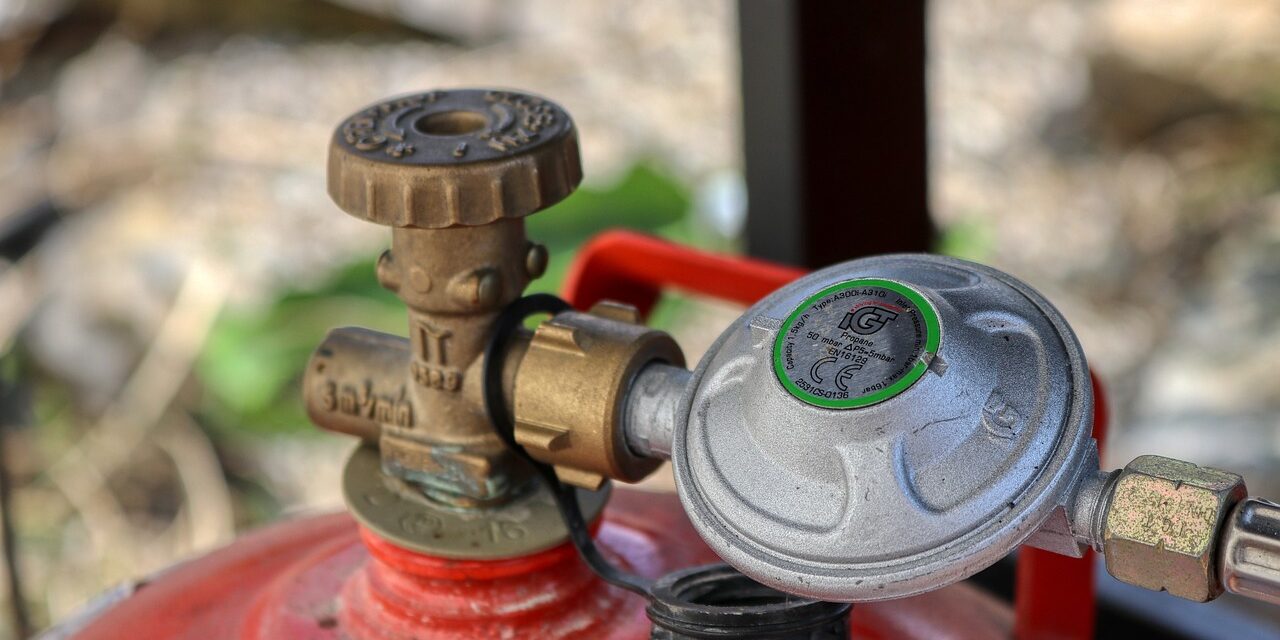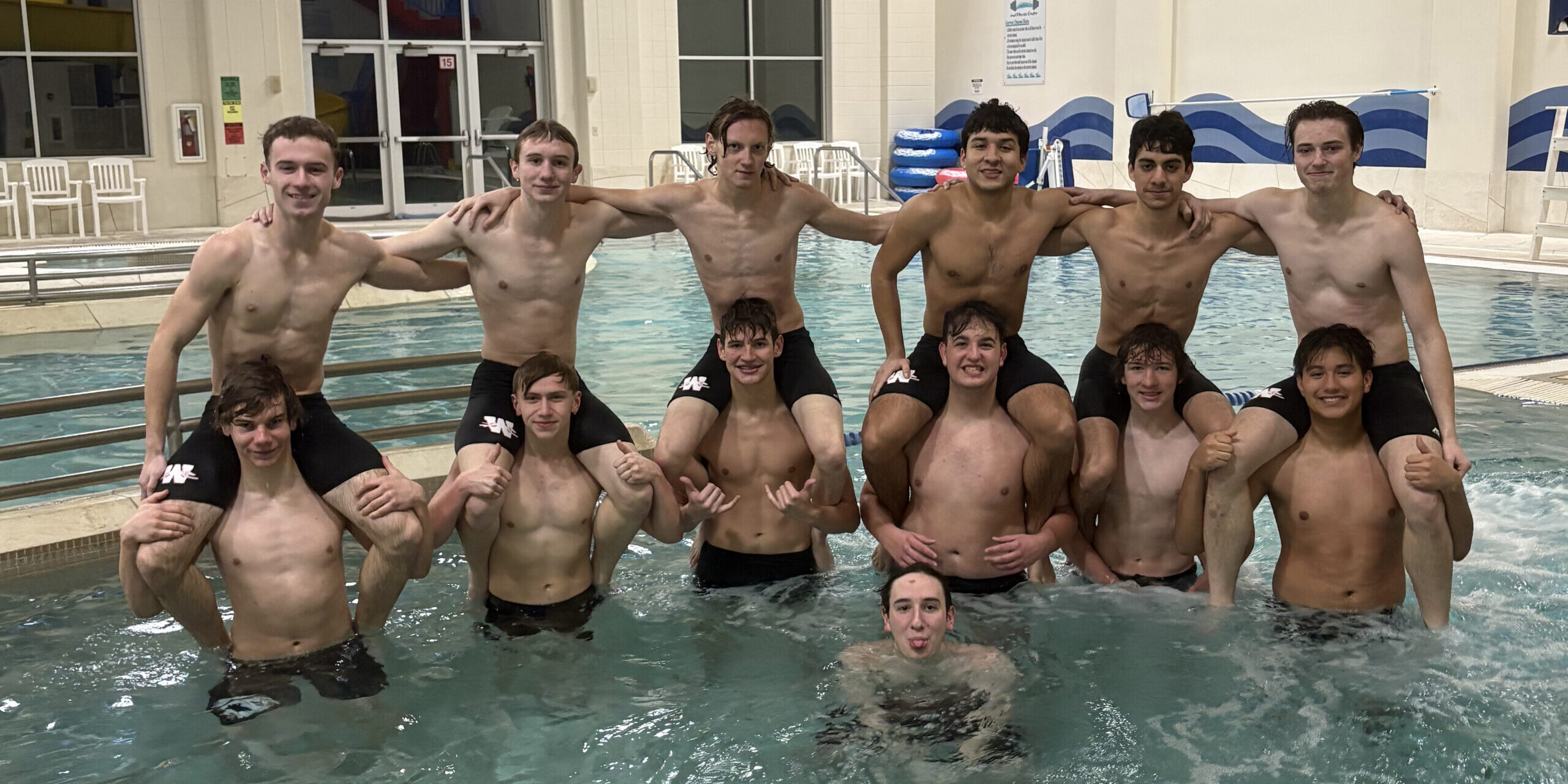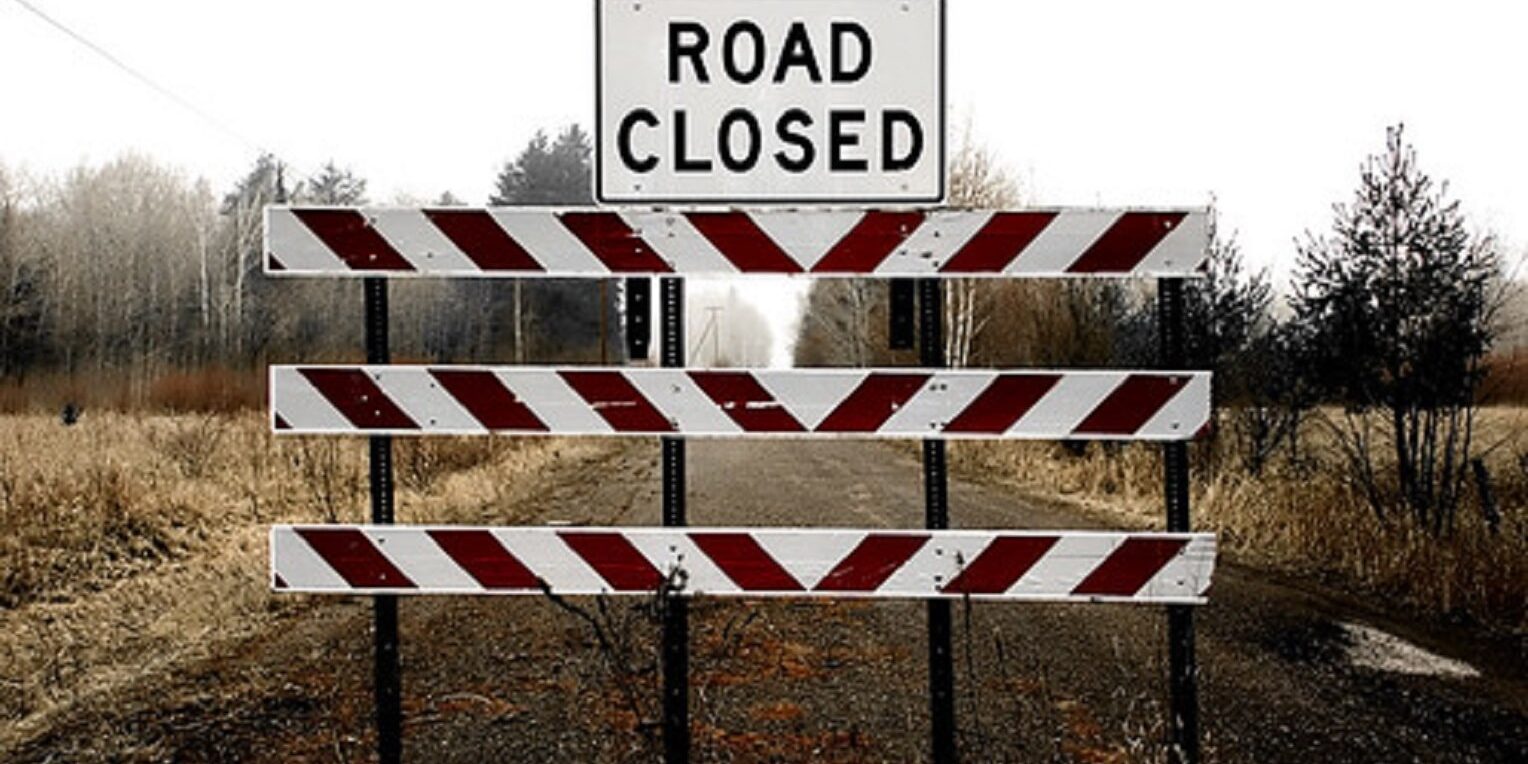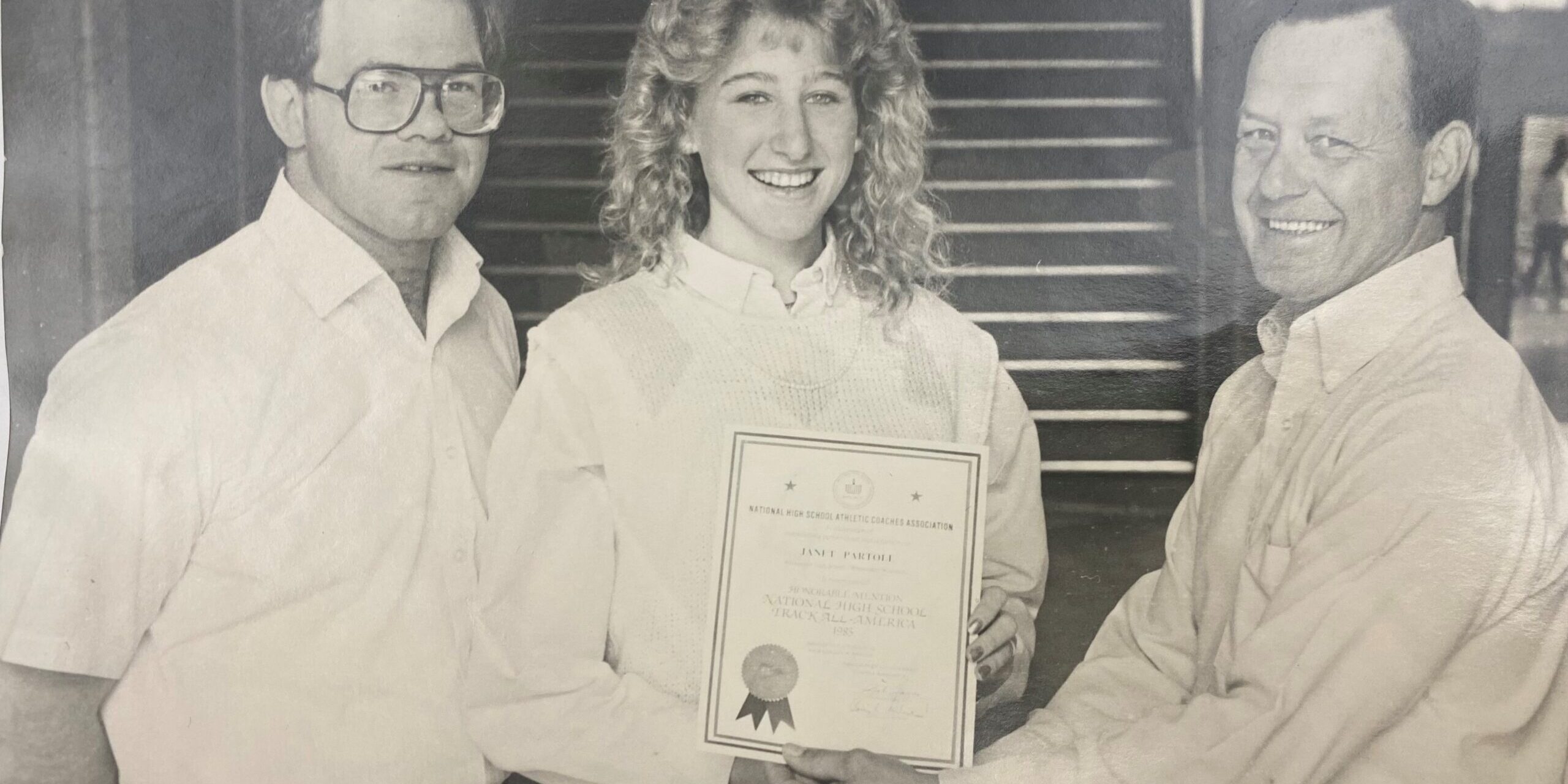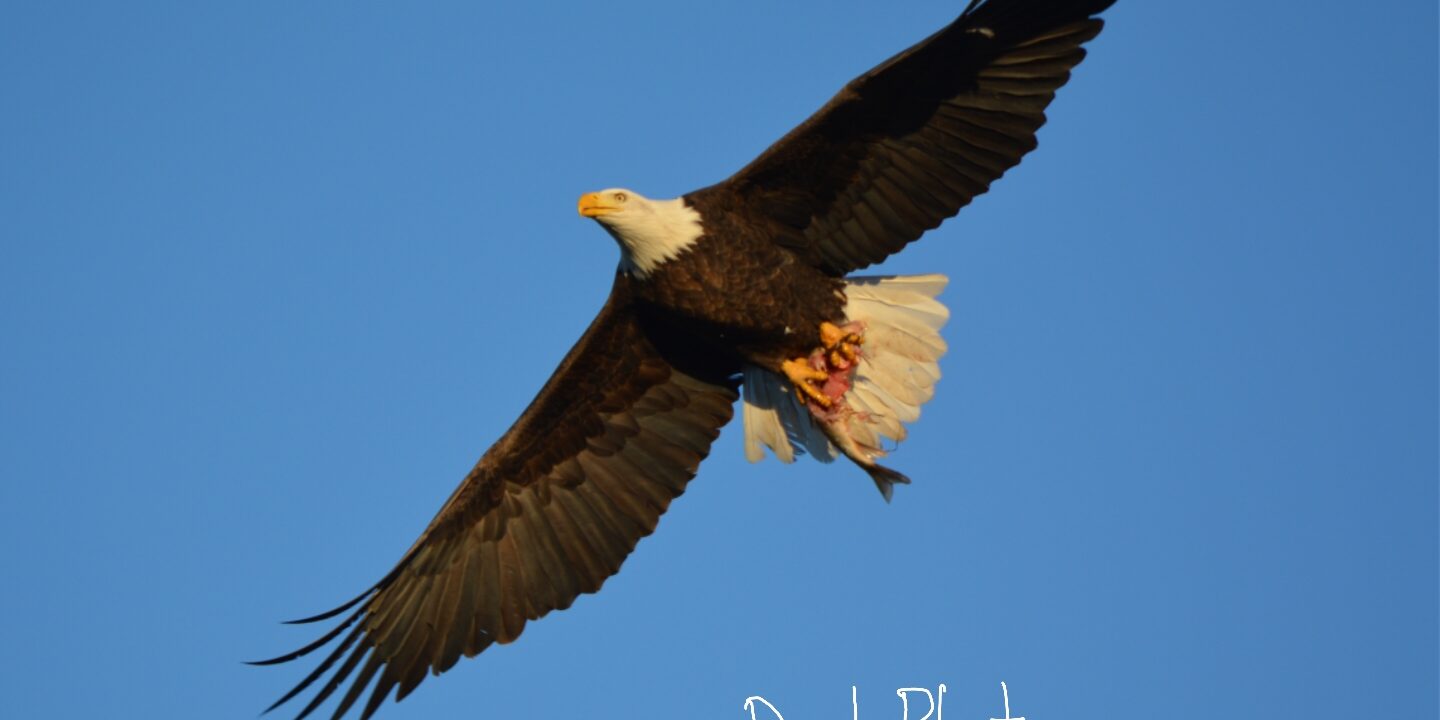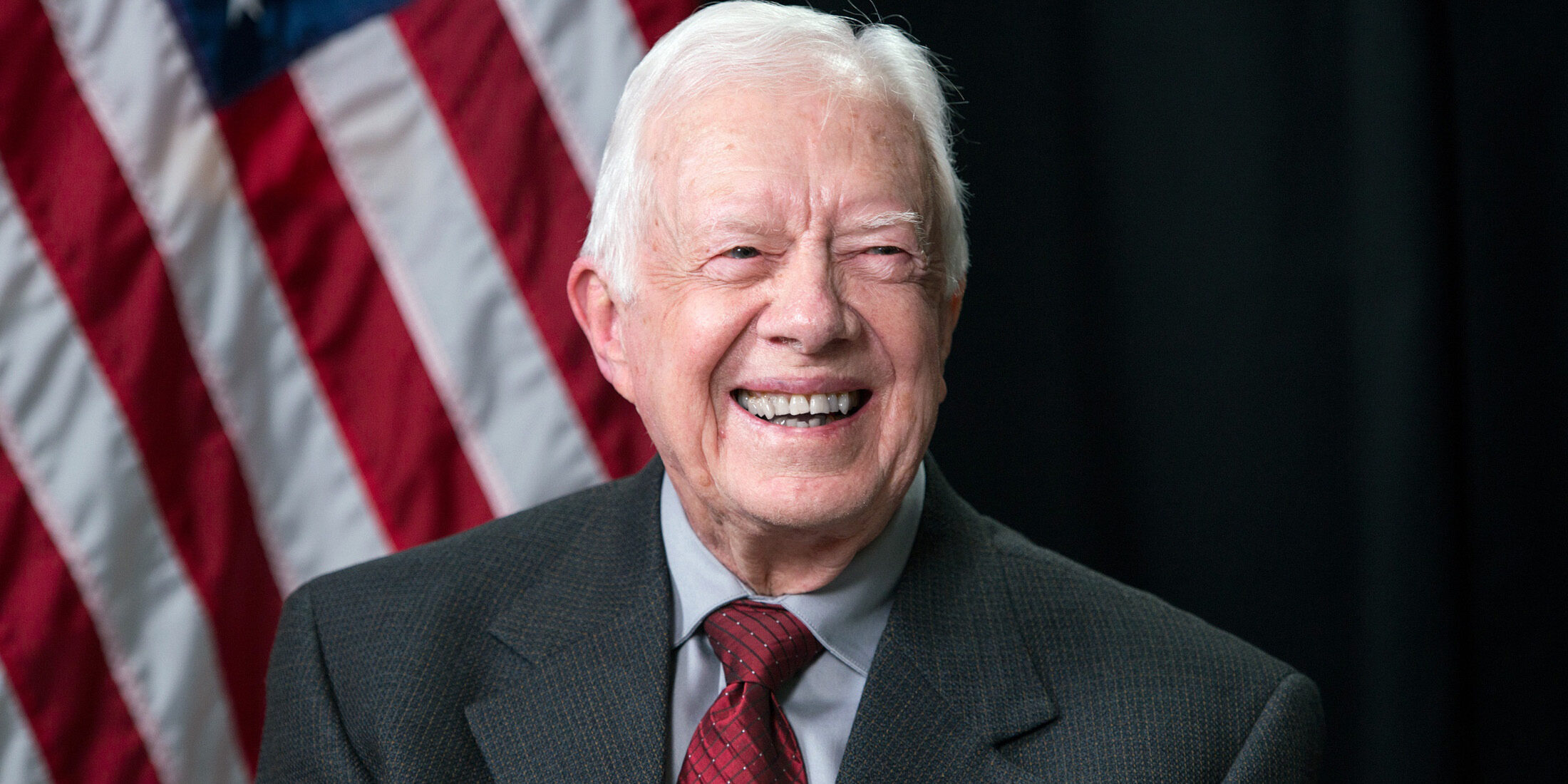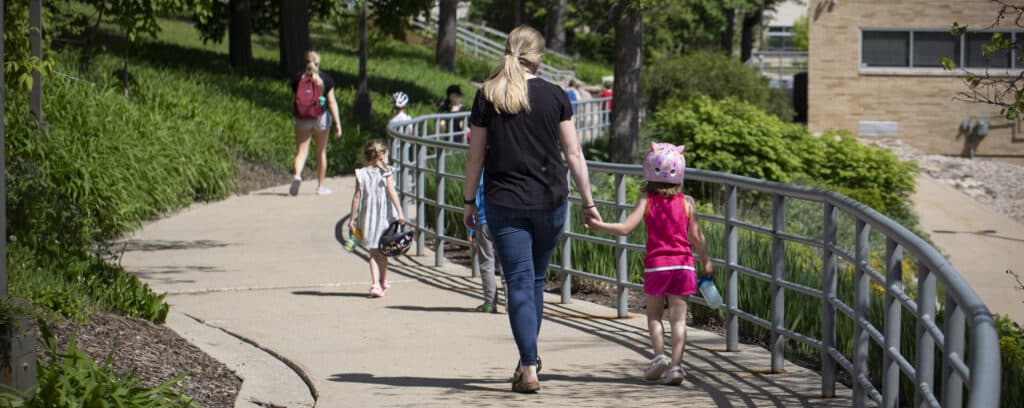
A staple of campus and the local community for nearly half a century, the Children’s Center at the University of Wisconsin-Whitewater has been named as a 2024 recipient of the Academic Staff Excellence Award from the Universities of Wisconsin Board of Regents.
UW-Whitewater’s Children’s Center addresses a critical need in the area as Whitewater is considered a childcare desert — the city does not have enough local, accredited childcare to accommodate working families. It offers year-round, full-day care for children aged 3 months to 6 years and provides a learner-centered, collaborative early care and educational environment for children, families, educators and pre-service teachers, working with numerous departments on campus to provide a high level of care.
“The Children’s Center’s commitment to academic partnerships goes beyond traditional disciplines, with collaborations in sustainability, nutrition education, music, art, and library services,” Chancellor Corey A. King said. “This multifaceted approach enhances the educational experience for university students while addressing the diverse needs of the community.”
In the announcement released by the Board of Regents, the board echoed the center’s benefit to UW-Whitewater, which produces the most licensed teachers in the state and offers respected programs in related disciplines such as school counseling and literacy.

“The program has built and strengthened partnerships across campus since its opening in 1974. A longstanding partnership with the communication sciences and disorders program involves graduate students providing services that include screening, prevention, assessment, and treatment for speech, literacy, and language needs. This collaboration not only benefits the children at the center but also offers vital clinical experiences for speech-language pathology graduate students.”
Following a Reggio-Emilia-inspired practice, which emphasizes learning by teachers alongside their students with a focus on experiential learning in relationship-driven environments, the Children’s Center also holds itself to the state’s highest standards as a Department of Children and Families (DCF) license holder and a YoungStar accredited school.
The center employs a looping model, where teachers stay with the same group of children for multiple grade levels to build strong relationships, bonds and continuity.

The Children’s Center has built and sustained mutually beneficial partnerships with the university’s early childhood education, communication sciences and disorders, special education, and kinesiology programs, and with the sustainability and camps and conferences offices. Students within those programs receive hands-on learning experiences that are critical for their development in their major and for pinpointing what they want to do after graduation.
Chelsea Newman, director and lead teacher at the Children’s Center, places a high value on the relationships built between teachers and children as well as the collaborations between the center and these campus groups.
“It really enriches the environment that we’re able to provide here at the center not only for our kids, but also for the students,” Newman said.
The center continues to build on those campus partnerships, recently working with Warhawk Athletics to have student-athletes play with the children on the playground just outside of the Roseman Building, where the classrooms are located. Newman and her team, working with the Department of Communication Sciences and Disorders, have also reinstated literacy groups in the 4K classroom for the first time since the onset of the COVID pandemic.
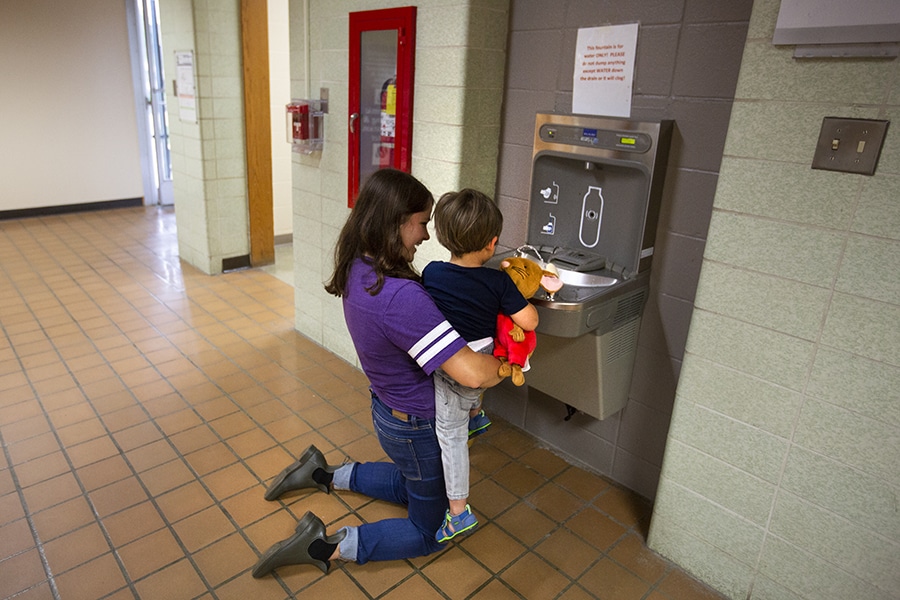
A total of 64 percent of Children’s Center enrollees are children of university employees, and more than 6,000 placement hours are provided annually for students completing fieldwork and in student teaching in the early childhood program.
“It means the world to me and our family that our son can be on campus with me,” said Nicole Weber, academic advisor in the College of Education and Professional Studies. “The development and growth opportunities that are awarded to the kiddos in the center are beyond what I imagined. The teachers in our classrooms have assisted our son in building his confidence, imaginative nature, and, of course, his adventurous side. None of this would be possible without having a center like this one in my workplace.”
The center’s impact extends beyond campus. Students from Whitewater High School fulfill their child development course requirements at the site. Graduate students from other institutions seeking an early childhood license are placed at the center.
During the 2023-24 academic year, the center addressed family needs by adding school-age childcare when Whitewater schools are not in session and a drop-in site in the University Center for children ages 2-12.
The drop-in site is supported by the Child Care Access Means Parents in School (CCAMPIS) grant. Newman said grants and state funding have been critical in supporting the center’s initiatives and staff, some of whom don’t receive enough compensation to send their own children to the center, as well as the families who utilize the center’s services.
“I feel like funding has to be given in order to make it more feasible for families to afford,” Newman said. “Otherwise, it’s just that never-ending cycle of, ‘How are we going to afford this?’ I know we have a family here who pays almost $30,000 for three kids. If we want people to stay in the workforce, something’s got to give for our families.”
Newman and her team are hopeful that future funding can support other opportunities, including expanding infant and toddler spaces to meet high demand and working with the library on campus to create family study rooms with toys and other furnishings provided by the Children’s Center.
“We’re really trying to think outside of the box of what more we can do for the greater campus community who maybe doesn’t necessarily utilize us — thinking about how else we could help them succeed,” Newman said.
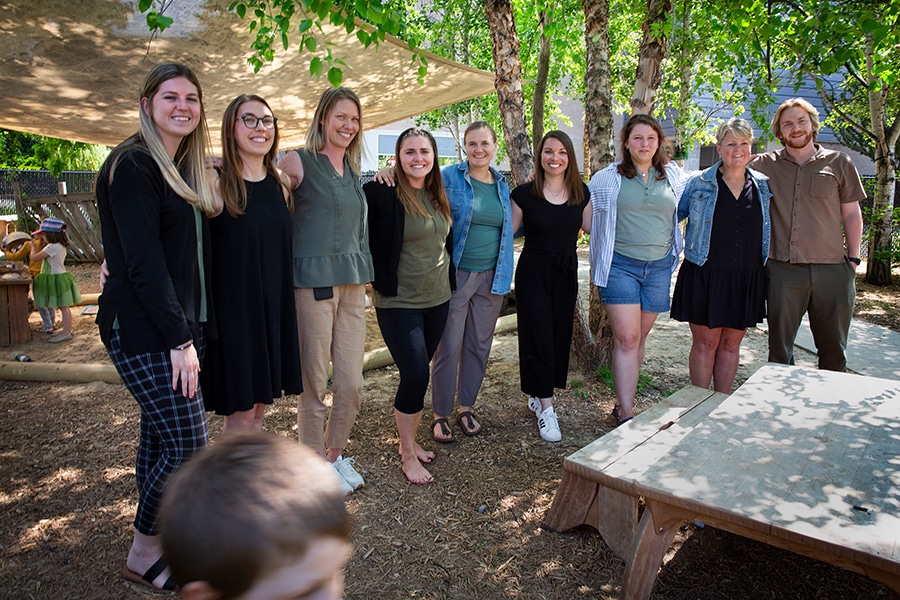
The Children’s Center will celebrate its 50th anniversary this fall. For Newman — who earned her BSE in elementary education and early childhood licensure at UW-Whitewater and will receive her MSE in Early Childhood Education Policy this August and who has been a lead teacher for the last 12 years — this milestone is a testament to the value it holds both on campus and in the local community.
“By doing more research on all the things we’ve accomplished in the last 50 years, we’ve continued to grow not only within the center and what we offer here, but grow within our partnerships with campus and the community,” Newman said.
The relationships she’s built throughout her time at UW-Whitewater — and those her department continues to build — become apparent each time she leaves the Roseman Building.
“We’re able to collaborate and meet different professors or academic staff and build on those connections,” Newman said. “I feel like whenever we go for walks, every year, it’s more people that I’m able to say hi to.”
The Board of Regents Academic Staff Excellence Award recognizes the excellent and invaluable service provided by non-instructional administrative and professional academic staff throughout the Universities of Wisconsin.
The Children’s Center will receive $7,500 for professional and/or program development activities and be recognized Friday, June 7, during the Board of Regents meeting at UW-Milwaukee.

